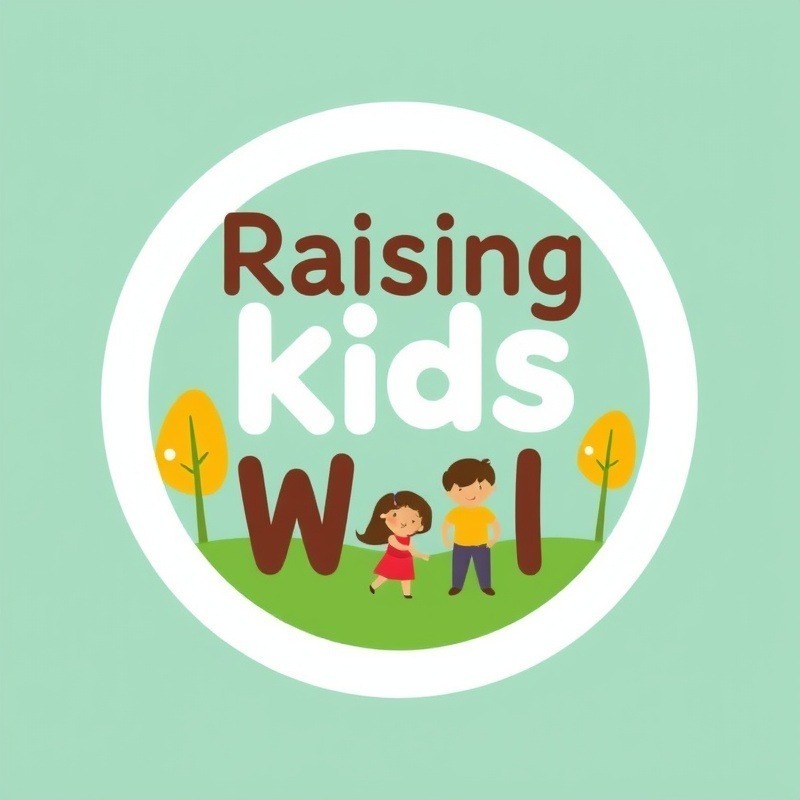
Understanding "Good Mom" Burnout
Motherhood comes with immense pressure, and the desire to be the best parent can sometimes lead to what is termed "good mom burnout." This phenomenon isn’t just a fleeting feeling of tiredness; it encompasses a deep dive into emotional and mental exhaustion that affects how a mother perceives herself and her parenting capabilities. As described by family counselor Julie Randolph, burnout can manifest regardless of the scenario, whether it be motherhood or a career, signaling a need to reevaluate what makes an individual a good mom.
Signs of Burnout: What to Look Out For
Burnout can present itself in a myriad of ways—some physical and others emotional. Common signs include chronic fatigue that doesn’t alleviate with rest, a significant change in appetite, frequent headaches, and feelings of detachment from daily tasks and family members. Moreover, having unrealistic expectations can compound these feelings of inadequacy. The pressure to perform like a "perfect mom" can result in irritability, mood swings, and overwhelming feelings of isolation, which will only serve to aggravate the burnout.
Finding Balance: The Key to Avoiding Burnout
A crucial aspect of managing "good mom" burnout lies in the pursuit of balance. Striving to give children everything while maintaining personal well-being can be incredibly taxing. It’s imperative to recognize that sometimes convenience, such as opting for takeout instead of home-cooked meals, is perfectly acceptable. Allowing oneself to take shortcuts without guilt can pave the way to reclaiming energy and rejuvenating one's spirit. After all, as detailed by a Talkspace article, sharing parenting responsibilities and seeking help when you need it can make a significant difference.
Practical Tips to Combat Burnout
Recovering from “mom burnout” is achievable with mindful strategies. Simple self-care practices—like setting aside time for yourself to enjoy a book or yoga session—can breathe life back into a weary spirit. As highlighted in both the source articles, building a strong support network is fundamental. This could be online groups, local mom meet-ups, or simply leaning on family members to help minimize the load. Additionally, finding joy in the small moments, rather than stressing over perceived failures or societal expectations, can create a much-needed emotional buffer.
The Importance of Seeking Professional Support
If feelings of burnout become overwhelming and persist despite self-care efforts, engaging with a mental health professional is essential. Therapy options today offer flexibility and can address deeper emotional challenges such as postpartum depression. Connecting with a psychologist or therapist allows for tailored strategies that can assist in finding balance and cost-effective well-being.
Reclaiming Your Energy: An Ongoing Process
Overcoming burnout is not something that happens overnight, but rather a gradual process requiring patience and support. Evolving as a mother while simultaneously honoring your identity is fundamental. Setting attainable goals and becoming aware of what makes you genuinely happy can restore a sense of fulfillment in both motherhood and individual pursuits. Ultimately, this journey is about integrating past joys and new responsibilities.
Let’s remember: you’re not alone on this journey. Many mothers share this experience of feeling exhausted and overextended. By prioritizing self-care, fostering a supportive community, and being open to professional help, you can take substantial steps toward overcoming "good mom" burnout.
 Add Row
Add Row  Add
Add 



Write A Comment